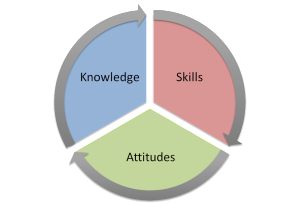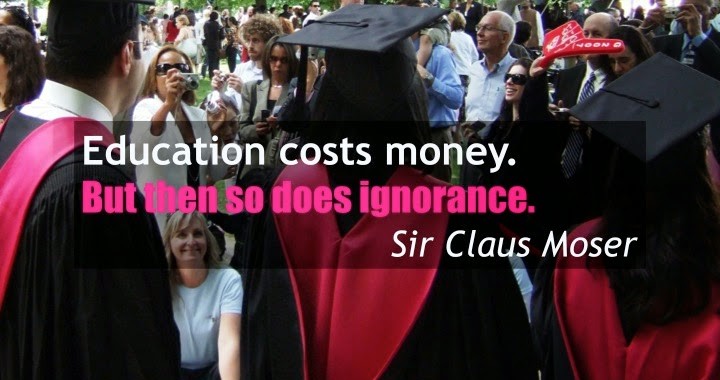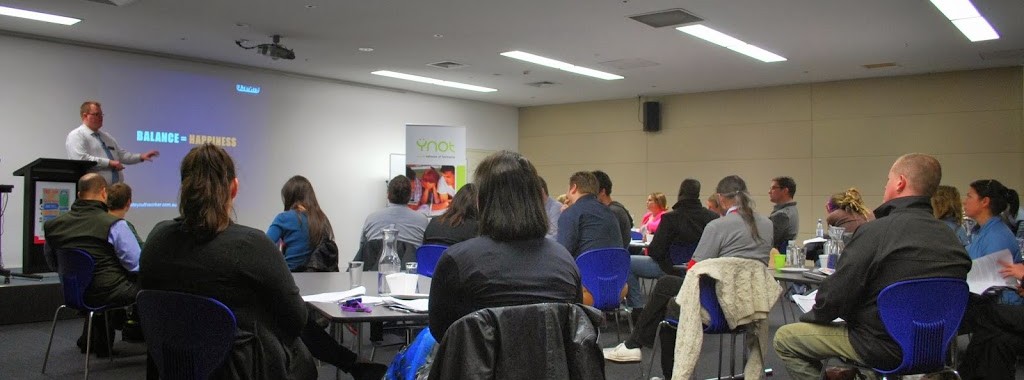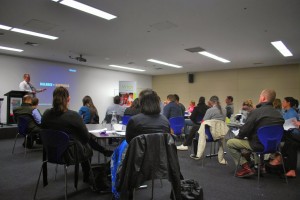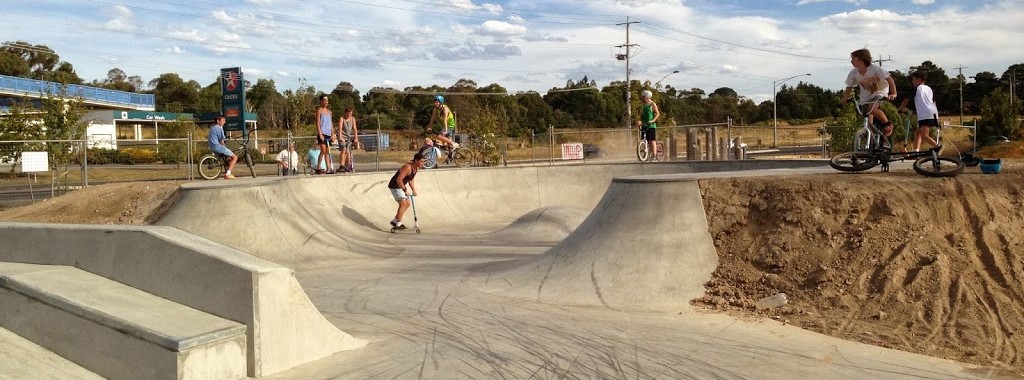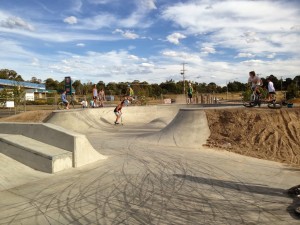I had a discussion with a couple of students the other day which is a regular occurrence in my experience. The students ask some variation of “what is more important for gaining employment, experience or qualifications?” It is always a question on new graduate minds as they lack experience. But it is one of the most damaging questions our field faces at the moment. This question supposes that either knowledge or skills are better than one another. They are not.
Over the past decade I have interviewed dozens of youth workers and they inevitably fall into one of three categories. First, those who rely on their years of experience. Second, Those who rely on their qualification. Third, those with theory and practice. The third group wins hands down every time. Those with experience often tell stories of what they did in any given situation. Those with qualifications tell you why they would do something. Those with theory and practice tell you what they did and why they did it.
The best practitioners are those with both the theory and practice for the job, but this takes time. A highly qualified and experienced practitioner takes years to develop. With the average youth worker lasting between two and five years in the sector it is a struggle to get qualified and experienced staff. This is where the question is dangerous for our field. Those with the experience state that they know how to best work with young people because they have been ‘doing’ it for years. Those with qualifications counter that if you do not know why you are doing something or the theory behind it you will cause more damage than help for those young people. While this goes on the other professions laugh and pat us on the head.
For the record we believe qualifications are more important than experience, at least in the short term. After a couple of years in the sector you will have the experience. Qualification builds a foundation which you build experience on. Experience first is a very shaky foundation as it is through your experience that you will see theory. A very limited view. But there is something we seek more, attitude. We would take less qualification and experience for a more passionate teachable attitude any day. We can give you experience and we can send you to get qualified but attitude that is all on you.
Ultimate Youth Workers build their understanding of theory at every chance possible. They develop practice skills with every young person they meet. Most of all they have an unshakeable attitude which puts the needs of their young people first. Having an understanding of how theory relates to practice and vice-versa is integral to best practice youth work.
